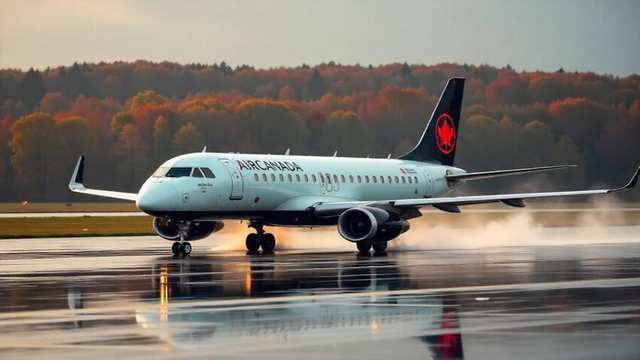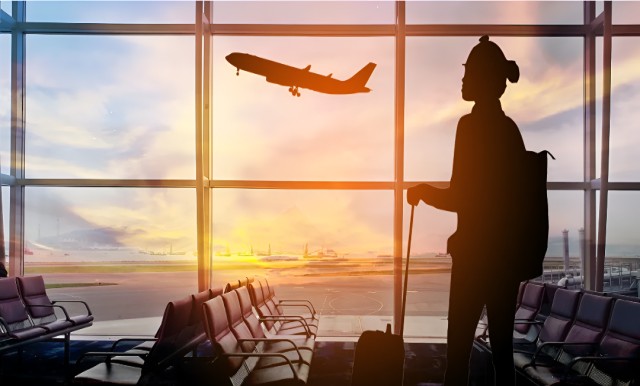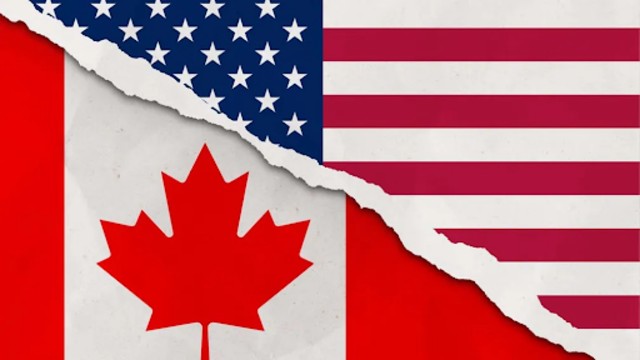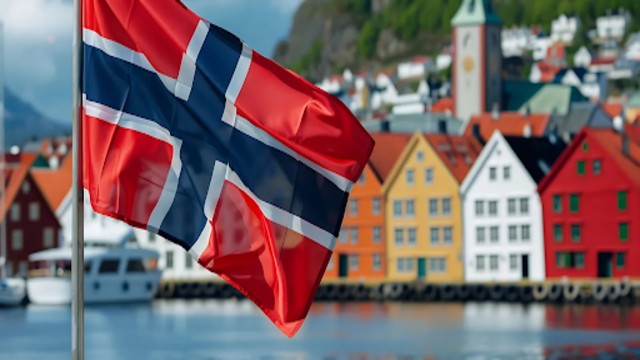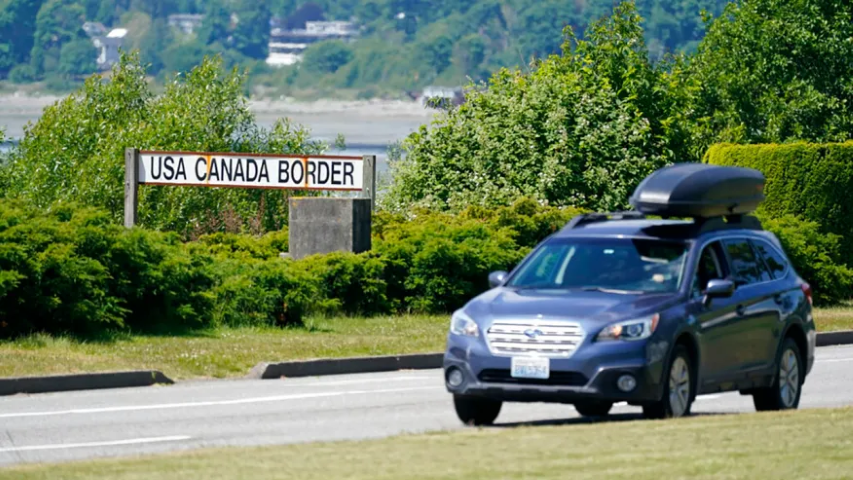
FILE – file photo, a car heads into the U.S. from Canada at the Peace Arch border crossing in Blaine, Wash. (AP Photo/Elaine Thompson, File)
Amid the anticipation of the upcoming Easter long weekend, the Canada Border Services Agency (CBSA) is providing valuable advice to travelers to ensure smooth and secure border crossings. Dedicated to safeguarding the security and prosperity of Canada, the CBSA plays a crucial role in facilitating the movement of people and goods across the nation's borders. In the past year alone, the agency welcomed over 86,000 visitors while intercepting more than 72,200 kilograms of unauthorized substances, demonstrating its commitment to upholding safety and security standards.
As the Easter holiday approaches, the CBSA is focused on minimizing border delays at all entry points, including airports, to accommodate the expected surge in travel. With careful planning and strategic measures in place, the agency aims to maintain efficiency while prioritizing safety and security.
To assist travelers in navigating border crossings during this busy period, the CBSA offers several practical tips:
1. Plan Ahead: Travelers are encouraged to plan their journeys with potential delays in mind. Monitoring border wait times and aiming for early morning crossings or non-peak hours can help minimize wait times, especially on the Monday of a long weekend.
2. Carry Necessary Documentation: It is essential to keep travel documents readily accessible to expedite the processing at border crossings. This includes passports, visas, and any other relevant identification or permits.
3. Consent Letters for Children: For travelers accompanied by children, particularly in cases of shared custody or when not traveling with a parent or legal guardian, carrying a consent letter is advisable. Border officials may request additional documentation to ensure child safety.
4. Utilize Advance Declaration: Take advantage of the Advance Declaration option available at major Canadian airports. This allows travelers to declare customs and immigration details up to 72 hours before arrival, potentially reducing wait times at kiosks or eGates.
5. Declare All Items: Travelers should be prepared to declare all items they are bringing into the country. This includes being aware of duty-free exemptions and restrictions on certain goods, such as firearms, food products, and cannabis.
6. Check Food Regulations: Before bringing food products across the border, especially for religious observances, travelers should consult the Automated Import Reference System (AIRS) on the Canadian Food Inspection Agency's website to ensure compliance with regulations.
7. Know Duty Exemption Limits: Familiarize yourself with duty exemption limits for alcohol, tobacco, and other goods when making purchases abroad. The CBSA's duty and taxes estimator can provide an estimate of potential expenses.
8. Declare Gifts: Visitors should declare any gifts they are bringing into the country. Information on gift declarations can be found on the CBSA website.
9. Cannabis Regulations: It is important to note that cannabis, in any form, is prohibited from crossing the border without authorization from Health Canada.
10. Pet Importation: Travelers should ensure they have the correct documentation when bringing pets or importing animals into Canada to comply with import requirements.
11. Consult CBSA Officers: When in doubt, travelers are encouraged to consult CBSA officers for guidance. Honesty and compliance with their instructions can help expedite the border crossing process.
By following these tips and guidelines provided by the CBSA, travelers can help ensure a smooth and hassle-free border crossing experience during the Easter long weekend. For further inquiries or assistance, individuals can contact the Border Information Service (BIS) line within Canada at 1-800-461-9999.


